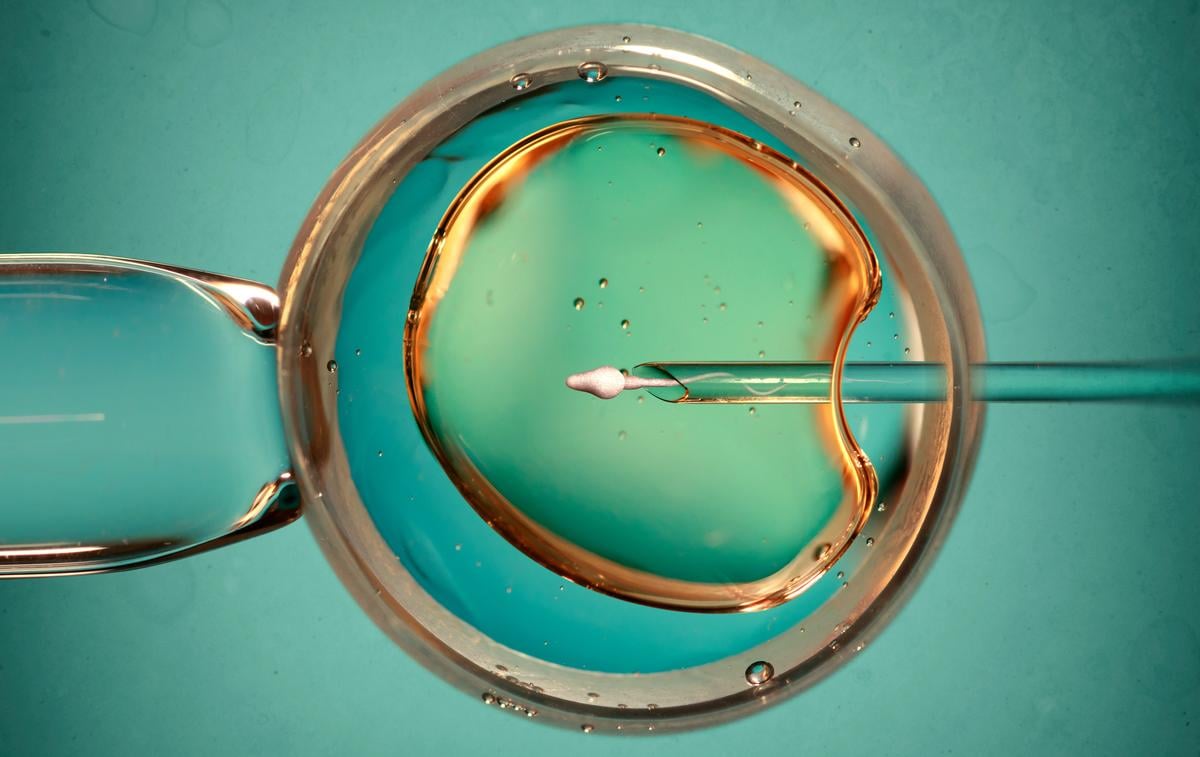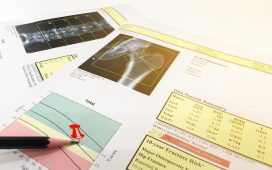Findings seen in women with at least four embryos available during IVF treatment
By Elana Gotkine HealthDay Reporter
THURSDAY, Sept. 19, 2024 (HealthDay News) — For women with at least four embryos available during in vitro fertilization (IVF) treatment, blastocyst embryo transfers result in a similar cumulative live birth rate to cleavage stage embryo transfers after oocyte retrieval, according to a study published online Sept. 16 in The BMJ.
Simone Cornelisse, M.D., from Radboud University Medical Centre in Nijmegen, Netherlands, and colleagues conducted a multicenter randomized controlled trial at 21 hospitals and clinics in the Netherlands to examine whether embryo transfers at blastocyst stage improve the cumulative live birth rate after oocyte retrieval. A total of 1,202 women with at least four embryos available on day 2 after oocyte retrieval were randomly assigned to blastocyst stage embryo transfer or cleavage stage embryo transfer (603 and 599, respectively). Embryo transfers were performed on day 5 and day 3 after oocyte retrieval in the blastocyst and cleavage groups, respectively.
The researchers found no significant difference in the cumulative live birth rate between the blastocyst group and cleavage group (58.9 versus 58.4 percent). After fresh embryo transfer, the blastocyst group showed a higher live birth rate (risk ratio [RR], 1.26; 95 percent confidence interval [CI], 1.00 to 1.58), lower cumulative pregnancy loss rate (RR, 0.68; 95 percent CI, 0.51 to 0.89), and lower mean number of embryo transfers needed to result in a live birth (1.55 versus 1.82). The blastocyst group had a higher incidence of moderate preterm birth in singletons (RR, 1.87; 95 percent CI, 1.05 to 3.34).
“This study found that an IVF protocol for transfer of embryos at the blastocyst stage in women with four or more embryos results in cumulative live birth rates comparable to that of embryo transfer at the cleavage stage,” the authors write.
Copyright © 2024 HealthDay. All rights reserved.








